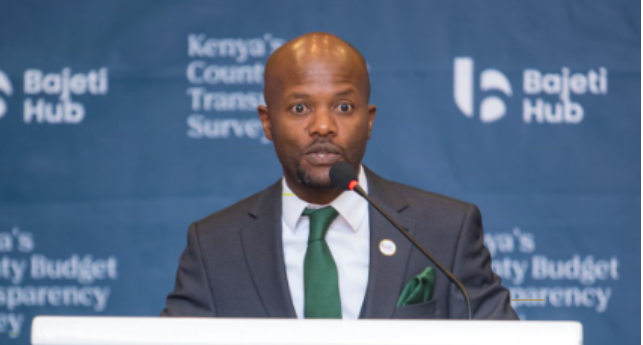As we enter the 2025–26 financial year, we are staring at hard options. For the third year, the budget deficit is above Sh900 billion.
This means more borrowing, most of which is to come from the domestic market. More than 60 out of every Sh100 in ordinary revenue is going to debt repayment, with domestic debt taking the lion’s share of interest payments.
Service delivery demands are increasing, and so are contingent liabilities across the national and county government.
In the same vein, reports from the Attorney General and the Controller of Budget indicate massive abuse of public resources at an increasing scale. What are some key focal areas?
First and key is to consider how do deal with debt repayment. More than Sh1 trillion will go to interest payment. This is increasingly untenable and perhaps a key time to consider some form of restructuring to make the instalments manageable to allow room for other services to be available without pain.
To enhance competitiveness, it is time to go bold and firm on drivers of the economy. While agriculture remains key for inputs, a bigger focus has to be on industrialisation and manufacturing.
A deliberate goal to reduce non-productive sectors, especially related to size of government, is core. This is related to what the World Bank calls fiscal policy for growth and jobs.
While a wide accommodation in government yields some semblance of political peace and harmony, it does not necessarily enhance service delivery, especially where accountability is weak.
Creating jobs and incomes, especially for the youth, is not only an urgent matter but one about the very existence of our country.
Additional taxes will only come from increasing incomes by a wider citizenry.
This is only possible where control of corruption and strengthened governance is a priority. It combines a focus on public services, debt management and growth of the private sector building on a what is already a very resilient Kenyan economy and people.
Improving service and enhancing accountability is the only way to reverse the trust deficit. Citizens and investors must be able to trust that the government and institutions of governance are doing what they ought to.
That increases their participation in the economy, payment of fair taxes and ultimately creation of the much-needed incomes.
by Abraham Rugo


